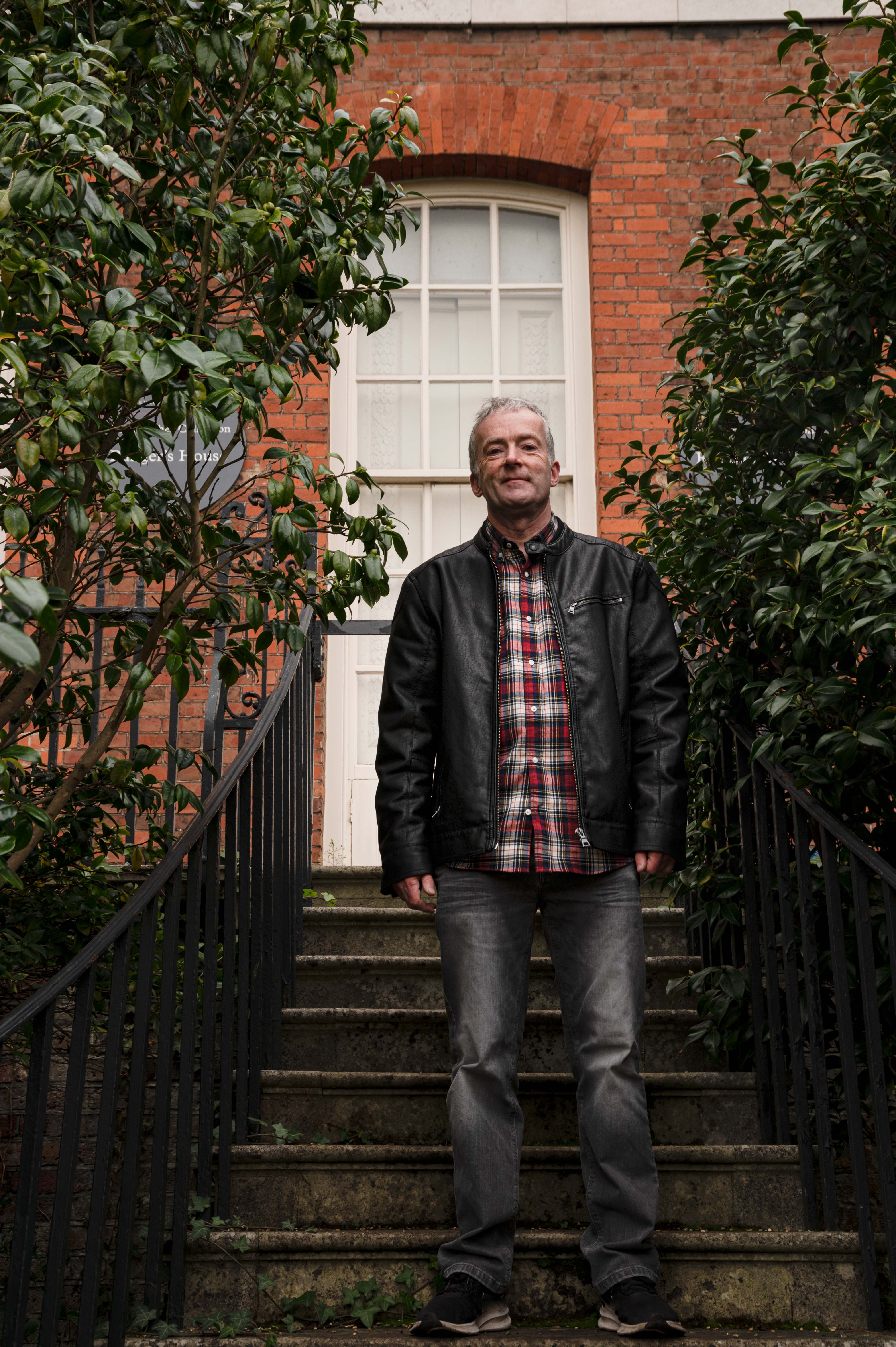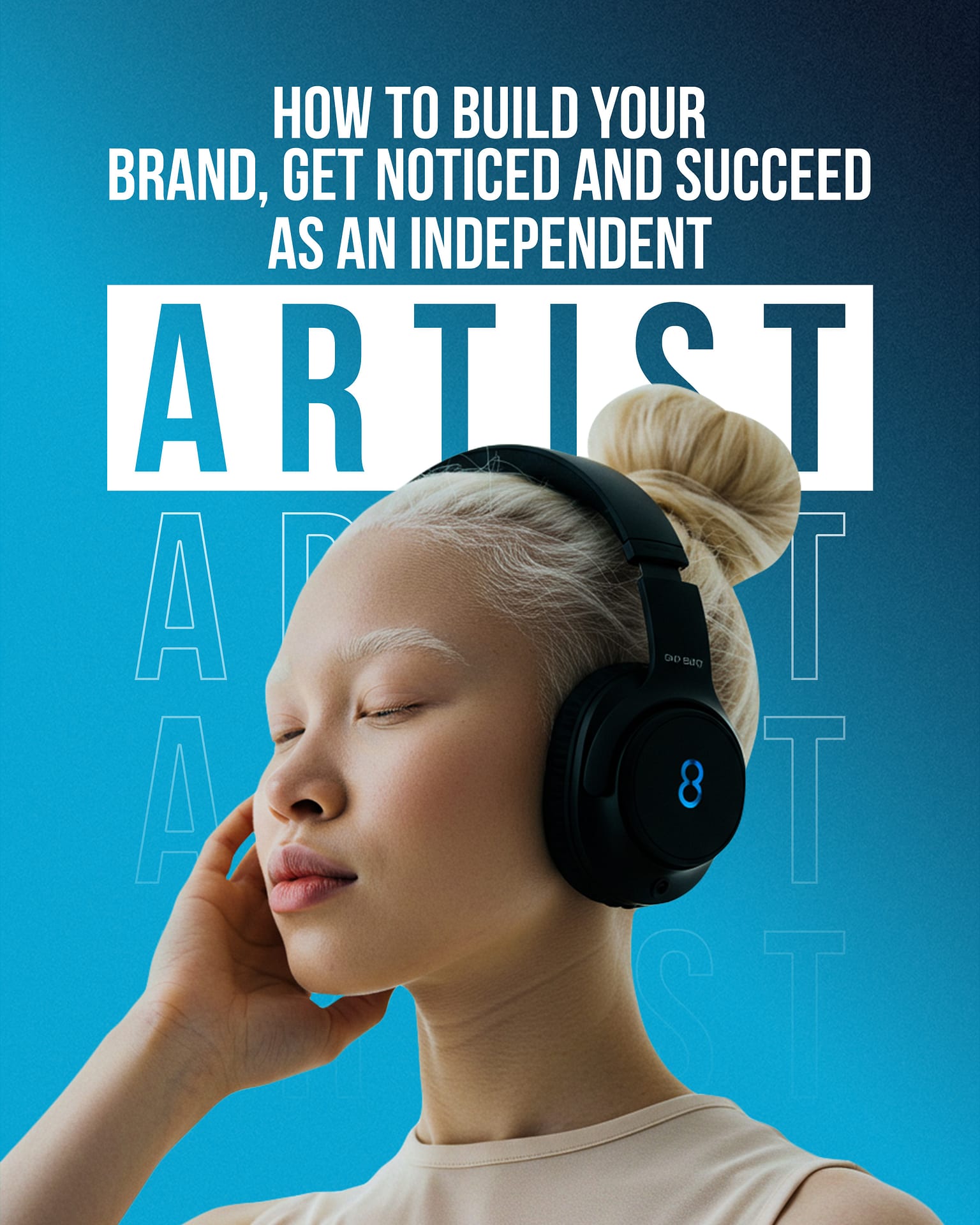Journey Through Two Decades of Musical Mastery with this Versatile Virtuoso Andy Smythe.
Andy Smythe has an uncanny ability to hold an audience’s attention. Smythe has been performing for almost twenty years, and his songs and stories continue to captivate audiences. His energetic narrative is well matched by his silky tenor voice, which is among the best in the profession.
Smythe’s stage presence and talent as a musician are undeniable. Smythe’s music is unlike anything other because of the way he seamlessly combines piano, guitar, and narrative storytelling.
Smythe’s live performances often include a wide range of musical genres, spanning his own five albums and those of other musicians including Leonard Cohen, Rufus Wainwright, and Phil Ochs.
His piano playing is evocative of Rufus Wainwright’s, while his literary thoughts recall the work of classic English novelists like Laurie Lee. Even when he’s not writing about himself, he’s telling inspiring tales of triumph over hardship in his guitar compositions.
Singer-songwriter, producer, and arranger Smythe has released a new baroque folk-rock single called “Prodigal Son.” The tune tells the story of a beatnik who returns home after some serious introspection.
Every chord progression and melodic element in “Prodigal Son” is the product of Smythe’s unflinching attention to detail. The song is a tribute to Smythe’s skill as a composer, showcasing his ability to easily blend contemporary and vintage styles.
Smythe’s voice flows over soothing melodies, and the subtle harmonies give the song an unrivalled depth and richness.
Like an onion, Smythe’s music has many layers that must be unveiled in order to fully appreciate it. Once the songs’ meanings and melodies are uncovered, however, they have a profound impact.
When listening to Smythe, you’re not only getting an aural experience; you’re going on a voyage across the whole range of human emotions.

What kick-started your songwriting journey?
I started writing songs aged about 16, I was inspired after listening to my mum’s old Beatles vinyl ‘Rubber Soul’.
I just thought the music was from another universe – how could a band be this good? I learned to play the acoustic guitar pretty quickly. The first really good song I wrote is called ‘Whiskey Priest’, it’s a tribute song to a friend of mine who died after training to be a Catholic priest. I can remember writing it, I felt his spirit to be present, it was as if he was urging me on!
What’s the most thought-provoking piece you’ve ever written?
The most thought-provoking piece I have ever written is a song called ‘Love’s My Saviour’. Three years ago I had a twisted colon and had to have emergency surgery. It’s a tribute song for my partner, Karen who came to see me every day in the hospital.
On the morphine, she was like a descending angel. The song’s about the spirit drifting away and waiting to be pulled back to this world by love and devotion. It’s on my last album ‘Hard to be Human’ which is on Spotify etc. I recorded it live with two AKG mics to try and capture the feeling and emotion.
Where’s your creative sanctuary?
My creative sanctuary is my living room. I have all of my favourite books of poetry. They’re all looking down on me. In the corner, the piano and guitars are scattered around.
What would you say is your greatest strength as an artist?
My greatest strength as an artist is my creativity. Occasionally very perceptive people say something very meaningful to you and I remember one great pianist seeing me play and just saying ‘You’re a writer’. I’m a writer.
What is your creative process when making music?
My creative process tends to be that a phrase starts me off, it can be almost a Rigorism, something someone says as my partner said to me in Covid when she saw the neighbour cleaning their car ‘looks like another Car Wash Tuesday’, that led to the song ‘Car Wash Tuesday’. The melody may come on the piano or the guitar, whatever feels the best.
Then I will hone the lyrics. Often I’ll record a rough version and then again hone the lyrics further, much like McCartney in the ‘Get Back’ session is just playing with words to find what sounds good.
I think I’m more of a rhymical lyricist when I’m writing on guitar, my better melodies tend to come not the piano. When I’m recording I generally work quickly, find a drum pattern, put down guitars, bass and keyboards and then vocals. I think it’s important to try and capture a moment and record it quickly without thinking about it too much.
What inspired you to write your latest album/song?
My latest single (out now!) is called ‘Prodigal Son’. It’s a melting pot of emotions. I tried to re-imagine what it was like to be a 22-year-old returning home (my son’s just come home after uni).
Me, I travelled and worked around the USA as a waiter and a barman at a similar age, busking whenever I could. I then travelled around India, the artwork for ‘Prodigal Son’ is a photo I took of a deserted Jain temple in the Indian desert.
So, I wanted to capture the feeling of travelling and then be welcomed home by the people that love you.
What are the things you do to help perfect your craft?
I take criticism in a positive way. My last album ‘Hard to be Human’ was praised for its songwriting, lyricism and the power of my singing.
The constructive criticism was that the production could have been more 3d i.e. panning and reverb. I’m looking to be more innovative with my production now and am using a greater range of instruments i.e. string and brass as well mixing with more depth. So I think that you have to be responsive to what people say.
Bob Dylan said something that really resonated with me recently he said that ‘life is about creating yourself’, this reinforces what the creator of CD Baby once said in a symposium in New York. He said ‘Be an extreme version of yourself’ – I think again that this is valid – you have to learn to let go and give a song every ounce of yourself.
This can mean pushing your voice to find out everything it can do. I’ve recently found a bass voice that I’ve used on a recording, that I previously didn’t realise I had. I was scared to use it but now I think it sounds great!
What are your plans for extending your music beyond USA and Europe?
My music has had a lot of attention in South America, and quite a lot of radio play, so I’m continuing to find radio shows and influencers who can spread the word for me! It’s a continent I’ve never visited – so to play some shows there would be a dream come true!
What’s the highlight of your career so far?
A hero of mine called Mike Scott of The Waterbody’s came to see me play live and that was a big moment for me. He has a great sense of what makes a great song i.e. ‘Whole of the Moon’ or ‘Fisherman’s Blues’ and the fact that he thought that I was good enough for him to seek me out at a live show meant a lot.
It was a small basement bar in West London, with a hippy vibe – a bit like The Cavern. I didn’t see him walk in, he was like an apparition at the back of the room! Special moment!
What are future plans for your music and you as a brand?
I’m completing a new album at present, the palette of sound will be broader than anything I’ve ever done before. I hope to reach a bigger audience and expand my work as a live artist beyond the present grassroots circuit I play in pubs/acoustic venues and clubs.
I’d love to take my live band to bigger live settings such as larger festivals. As a brand, I hope to push and promote my 4-octave voice and use it to paint a variety of pictures in rock noire and orchestral pop/rock/rock. I’m thinking Rufus Wainwright meets Alex Turner and meets some more classic artists such as Nick Drake and Leonard Cohen.
I have a very broad spectrum of influences from classical piano to folk and rock/pop, I want to bring it all together in a cohesive whole, with the supporting pillar being the big emotive voice in the centre of the sound.
It would be nice to get some more attention and get some help from a small label. But, I’m under no illusions, I need to do the hard yards in self-promotion first. The journey is always more rewarding than the destination!

